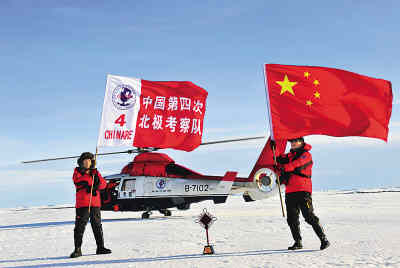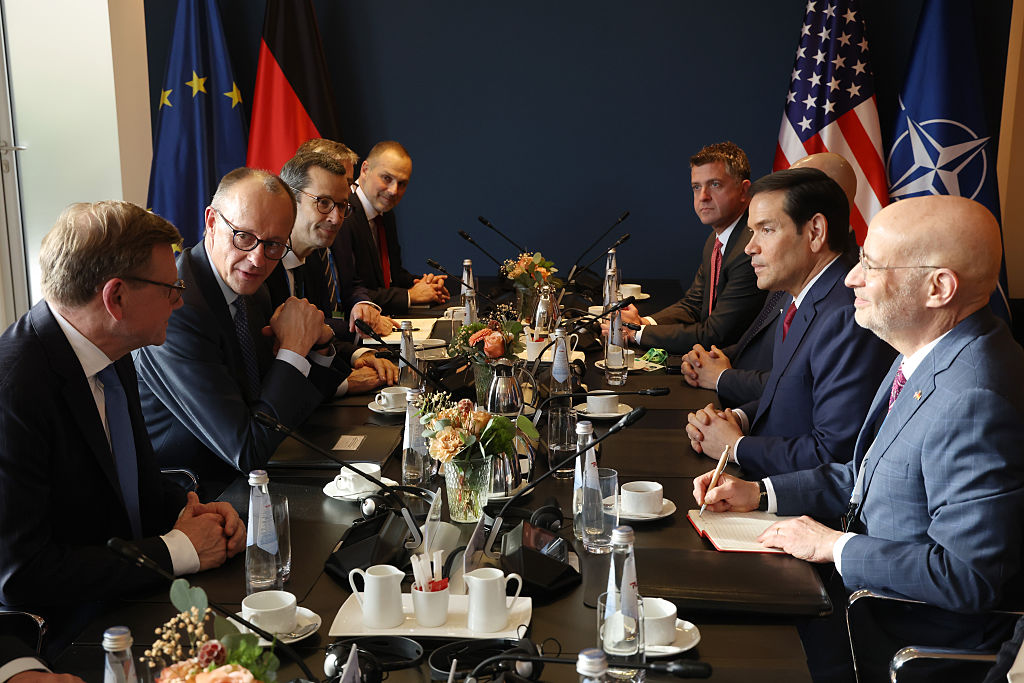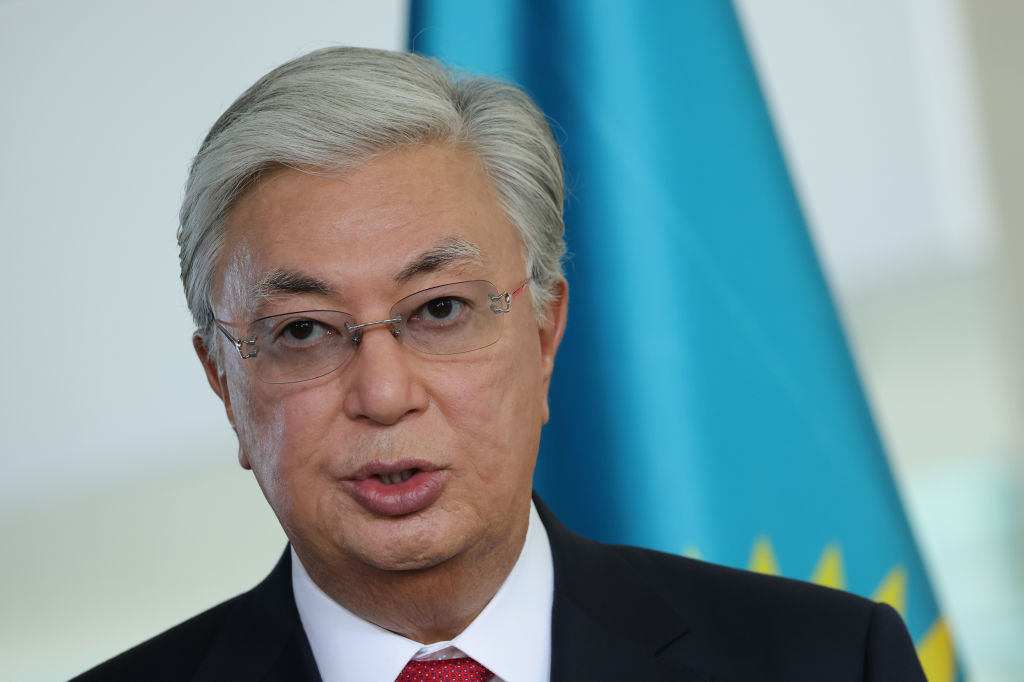
China’s ‘Polar Silk Road’ Versus Russia’s Arctic Dilemmas
China’s ‘Polar Silk Road’ Versus Russia’s Arctic Dilemmas
An article published on October 5 by the Russian International Affairs Council (RIAC) discusses Russia’s strategy in the Arctic region and the evolving role of China therein (Russiancouncil.ru, October 5). Among other points, the piece notes that “the Arctic region is one of the key elements of Russian national security” and “one of two regions where Russia plays the role of a great power.” At the same time, the article alludes to “growing international competition in the region.” It frames the United States and the European Union as Russia’s main regional competitors. But China is notably presented as a “strategic partner” for whom “the Arctic region is not a top strategic priority” and whose efforts to build up its naval strength are related to a desire to challenge the US, not Russia. The sentiments expressed in the above-mentioned RIAC article appear to reflect how Moscow views the prior concrete steps the Russian Federation and People’s Republic of China (PRC) have been taking to strengthen bilateral cooperation in the Arctic. On May 15, Russian media stated that “Russia and China are preparing a memorandum on joint efforts to consolidate actions in the Arctic region” (TASS, May 15), while on June 8, Presidents Vladimir Putin and Xi Jinping declared their readiness to “boost cooperation in the Arctic via the implementation of joint infrastructural-, transportation- and energy-related projects” (RIA Novosti, June 8). Nonetheless, Chinese ambitions in the Arctic seem to extend beyond the level of such joint initiatives.
On January 26, the Chinese State Council Information Office published a white paper titled “China’s Arctic Policy,” which argues the country is entitled to “enjoy freedom or rights […] in the Arctic Ocean” and to be a full-fledged player equal to other states (Gov.cn, January 26). The paper points to the fact that, since the PRC is “closely involved in trans-regional and global issues in the Arctic,” it seeks to further “facilitate connectivity and sustainable economic and social development of the Arctic” via expansion of the Silk Road Economic Belt and the Maritime Silk Road toward the creation of a Polar Silk Road—an extremely ambitious project that aims to enhance trade/transportation routes linking Asian and European markets.
The news from China was met with enthusiasm on the Russian side, being construed as sign of expansion of the Sino-Russian strategic partnership. Russia’s expectations in this matter are premised on three assumptions:
– China will save Russia’s stagnant north: Chinese investments in the Arctic are thought to be a remedy for long-lasting structural problems faced by Russia’s High North. In particular, Russia hopes the PRC’s involvement will bring new work sites, large infrastructure projects, socio-economic development of the area, as well as a lifeline from Western sanctions (Asiarussia.ru, January 31, 2018);
– China has no alternatives but to work with Russia: The Northeast Passage (NEP), controlled by Russia, and the Northwest Passage (NWP), controlled by the US and Canada, are China’s only prospective maritime transportation routes across the Arctic Ocean. And Beijing’s growing conflict with Washington purportedly makes the NEP the only viable option for Chinese vessels traveling to and from Europe (RIA Novosti, January 29). This idea was expressed by Putin in 2017, when he proposed to “merge the Silk Road with the NEP, to turn the latter into the former” (TASS, December 8, 2017);
– China will be unable to “sideline” Russia (Topwar.ru, January 30, 2018), given Russia’s dominant position in the Arctic and the nature of relations between Beijing and Moscow.
However, these assumptions appear questionable at best:
First, the NEP still requires a staggering amount of infrastructure investment—realistic estimates run in the trillions of US dollars—before it can start yielding profits (Vz.ru, June 9, 2015). Moreover, the facts do not bear out the Russian conviction that Beijing can choose only between the NEP and the NWP, with no available alternative. As underscored by the Polar Research Institute of China (PRIC), “the basin of the Arctic Ocean closer to the North Pole is the most expeditious trade route from East Asia to Europe… [I]ts employment will relieve us from the necessity to cross the territorial waters of both Russia and Canada” (Ritmeurasia.org, August 8, 2018). Indeed, in summer of 2017, Chinese icebreaker Snow Dragon successfully tested a passage across the North Pole—the so-called “central seaway”—explicitly beyond both Russian and Canadian/US territorial waters (see EDM, October 3, 2017).
Second, Russia is not China’s only potential partner in the Arctic. The PRC white paper clearly points to the fact that Chinese involvement there will be a multilateral, not a bilateral affair. Illustratively, Chinese initiatives since 2010 have evinced Beijing’s interest in maintaining equally balanced ties with all Arctic governments (including, incidentally, South Korea and Japan for technological support) via the promotion of multi-national platforms for dialogue and cooperation as well as through various treaties and think tanks (Eurasia.expert, February 26, 2018).
Third, China is likely to ultimately sideline Russia. As rightfully pointed out by Dr. Pavel Gudev, a senior research fellow at the Institute of World Economy and International Relations (IMEMO), China’s strategy in the Arctic region is dictated by the desire to “downplay exclusivity in relations between Arctic nations” and “internationalize the Arctic as much as possible,” which “runs counter to Russia’s national interests in the region” (Globalaffairs.ru, September 14).
And finally, international competition by other Arctic players may further outflank Russian efforts. Notably, a joint Finnish-Norwegian initiative—a railroad from the Barents Sea port of Kirkenes, Norway, to Oulu, Finland, (on the Baltic Sea)—could serve as a direct multi-modal transit link for Chinese goods bound for the EU (E24.no, March 9; Julkaisut.liikennevirasto.fi, accessed November 3).
As China seeks to develop multiple resilient transit corridors to markets in the West, Russia believes that geography makes it an obligatory and unavoidable partner in any such efforts. Yet, increasingly, Russia is finding itself circumvented and outflanked; and it lacks the financial resources to rectify that situation.


